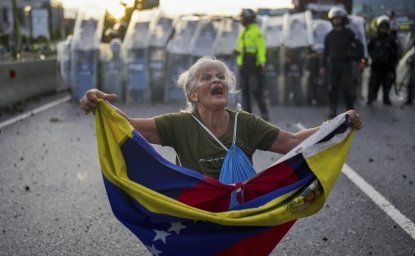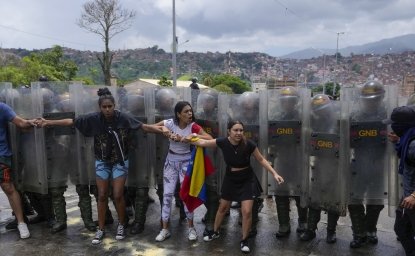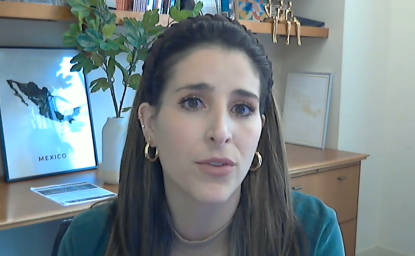The Latest
Integrating numerous countries into the EU poses a significant challenge, echoing past expansions. The EU must evolve institutionally, address funding, and redefine representation for a more robust and inclusive future.
Video Transcript
-
How will a larger EU community change the Union’s character?
Guest

Former Vice President of the European Commission and former High Representative of the EU for Foreign Affairs and Security Policy

Global Europe Program
The Global Europe Program is focused on Europe’s capabilities, and how it engages on critical global issues. We investigate European approaches to critical global issues. We examine Europe’s relations with Russia and Eurasia, China and the Indo-Pacific, the Middle East and Africa. Our initiatives include “Ukraine in Europe”—an examination of what it will take to make Ukraine’s European future a reality. But we also examine the role of NATO, the European Union and the OSCE, Europe’s energy security, transatlantic trade disputes, and challenges to democracy. The Global Europe Program’s staff, scholars-in-residence, and Global Fellows participate in seminars, policy study groups, and international conferences to provide analytical recommendations to policy makers and the media. Read more

Explore More
Browse Insights & Analysis
360° View of How Southeast Asia Can Attract More FDI in Chips and AI

A Case for a North American Common Tariff





